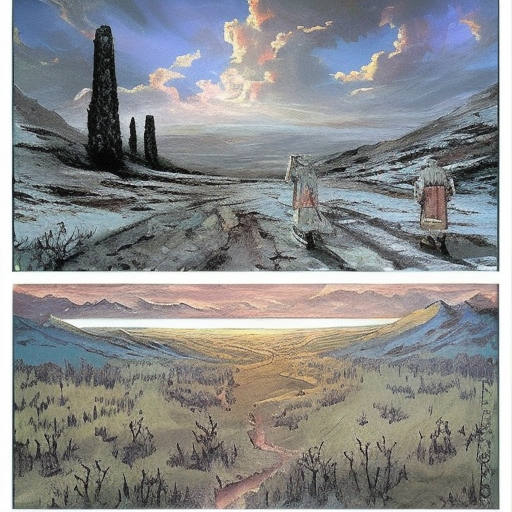The Wages of Fear (1953) – A High-Stakes Thriller of Desperation and Survival
Main Cast and Crew:
- Director: Henri-Georges Clouzot
- Writers: Henri-Georges Clouzot, Jérôme Géronimi (adaptation), Georges Arnaud (novel)
- Key Actors: Yves Montand (Mario), Charles Vanel (Monsieur Jo), Folco Lulli (Luigi), Peter van Eyck (Bimba)
- Music Director: Georges Auric
- Director of Photography: Armand Thirard
- Producers: Raymond Borderie, Henri-Georges Clouzot
The Wages of Fear takes place in a remote South American village where four desperate men find themselves trapped in a life-or-death situation. Mario, Jo, Luigi, and Bimba, all down-on-their-luck expatriates, are offered a chance at redemption when an American oil company hires them to transport highly volatile nitroglycerin across treacherous mountain roads. The reward? A hefty sum that could change their lives forever.
As the men embark on their perilous journey, tensions rise, and their true natures are revealed. Mario, a charismatic and resourceful drifter, takes the lead, while Jo, a cynical and aging gangster, constantly challenges his authority. Luigi, a timid and anxious soul, struggles to keep his composure, while Bimba, a German ex-Nazi, adds an unpredictable element to the group dynamic.
Clouzot masterfully builds suspense as the trucks navigate through a series of nerve-wracking obstacles, including rickety bridges, rocky terrain, and the constant threat of explosions. The film’s intense and claustrophobic atmosphere is heightened by Armand Thirard’s stunning black-and-white cinematography, capturing the characters’ fear and desperation.
Central Themes and Motifs:
The Wages of Fear explores the dark side of human nature under extreme circumstances. The film delves into themes of greed, survival, and the lengths people will go to escape their dire circumstances. It raises questions about the morality of sacrificing one’s life for material gain and the inherent dangers of capitalism and industrialization.
Clouzot also examines the dynamics of power and the fragility of trust within the group. As the men face constant danger, their alliances shift, and their true motivations come to light. The film highlights the inherent tension between individual self-interest and collective survival.
Reception and Legacy:
Upon its release, The Wages of Fear garnered critical acclaim and solidified Clouzot’s reputation as a master of suspense. The film won the Palme d’Or at the 1953 Cannes Film Festival and received widespread praise for its gripping narrative and technical achievements.
The legacy of The Wages of Fear can be seen in its influence on subsequent filmmakers. Its intense and suspenseful storytelling has inspired directors such as Quentin Tarantino and William Friedkin, who paid homage to the film in his own high-stakes thriller, Sorcerer (1977).
Recommendation:
The Wages of Fear is a gripping and harrowing cinematic experience that keeps viewers on the edge of their seats from start to finish. Clouzot’s masterful direction, combined with the stellar performances of the cast, creates an atmosphere of tension and desperation that is hard to forget. This film is a must-watch for fans of suspenseful thrillers and those interested in exploring the darker aspects of human nature.
Memorable Quote:
“When you’re scared, you have to play scared.” – Mario












